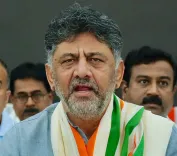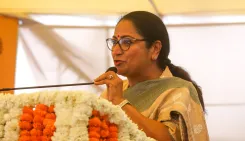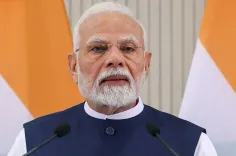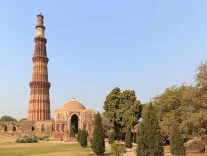Is Indian Diplomacy Under Threat After Trump Dines with Pak Army Chief?
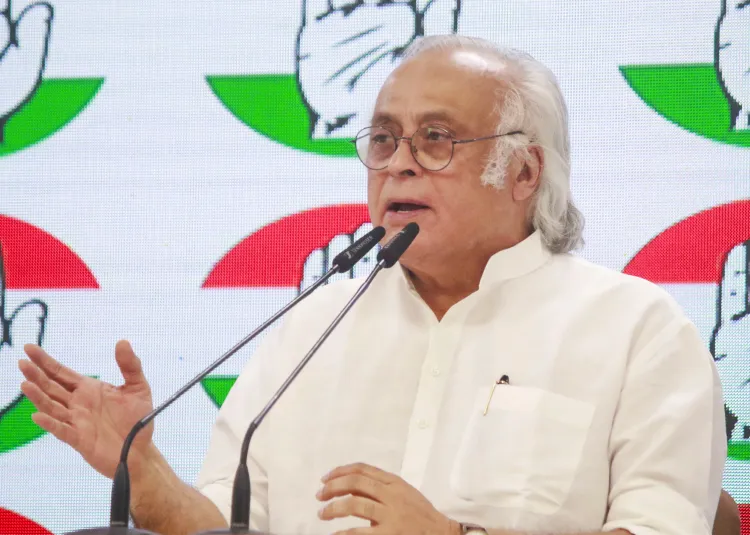
Synopsis
Key Takeaways
- Congress critiques Trump's meeting with Munir as damaging to Indian diplomacy.
- Hugplomacy, a term coined for Modi's greeting style, is under scrutiny.
- The BJP defends Modi's foreign policy as a testament to India's rising power.
- The implication of military leaders in diplomatic talks raises concerns.
- Political narratives in India influence public perception of foreign relations.
New Delhi, June 19 (NationPress) The Congress party has launched another attack against the administration led by Prime Minister Narendra Modi, labeling the lunch between Pakistan's Chief of Army Staff, Field Marshal Asim Munir, and US President Donald Trump as a significant setback for Indian diplomacy.
Jairam Ramesh, the Congress General Secretary responsible for Communications, expressed his concerns on social media, characterizing the Trump-Munir encounter as a blow to 'hugplomacy'—a phrase that refers to Modi's distinctive approach of greeting world leaders with warm embraces.
In a post on X, Ramesh stated, “Field Marshal Asim Munir is NOT the Head of State or Head of Government of Pakistan. He is the Chief of Army Staff. Yet he is invited for lunch by President Trump and receives accolades.”
Ramesh linked Munir to the lead-up of the tragic Pahalgam terror attack on April 22, 2025, where 26 lives were lost, saying, “This is the same individual whose inflammatory comments contributed to the atmosphere that led to the horrific Pahalgam attack orchestrated by his military establishment.”
He emphasized that the Trump-Munir meeting represents a major blow to Indian diplomacy and 'hugplomacy'.
Notably, the BJP has frequently countered Congress's critiques of Modi's diplomatic efforts, mocking certain opposition leaders for mimicking his hug-centric greeting style.
In a prior message on X, Amit Malviya, head of the BJP’s National Information and Technology Department, criticized Ramesh for questioning the government's diplomatic stance, arguing, “Congress must cease undermining India’s strong and principled foreign policy to feed its minor narratives.”
Malviya added, “Under Congress, India was perceived as a weak, Third World nation. Today, India stands as a rising power—a shining star in the global order. No amount of deceit can overshadow that reality.”
He called Ramesh a “congenital liar,” asserting that the Congress and its online supporters simply cannot accept the fact that PM Modi clearly communicated to President Trump—India neither requires nor welcomes third-party mediation.”

